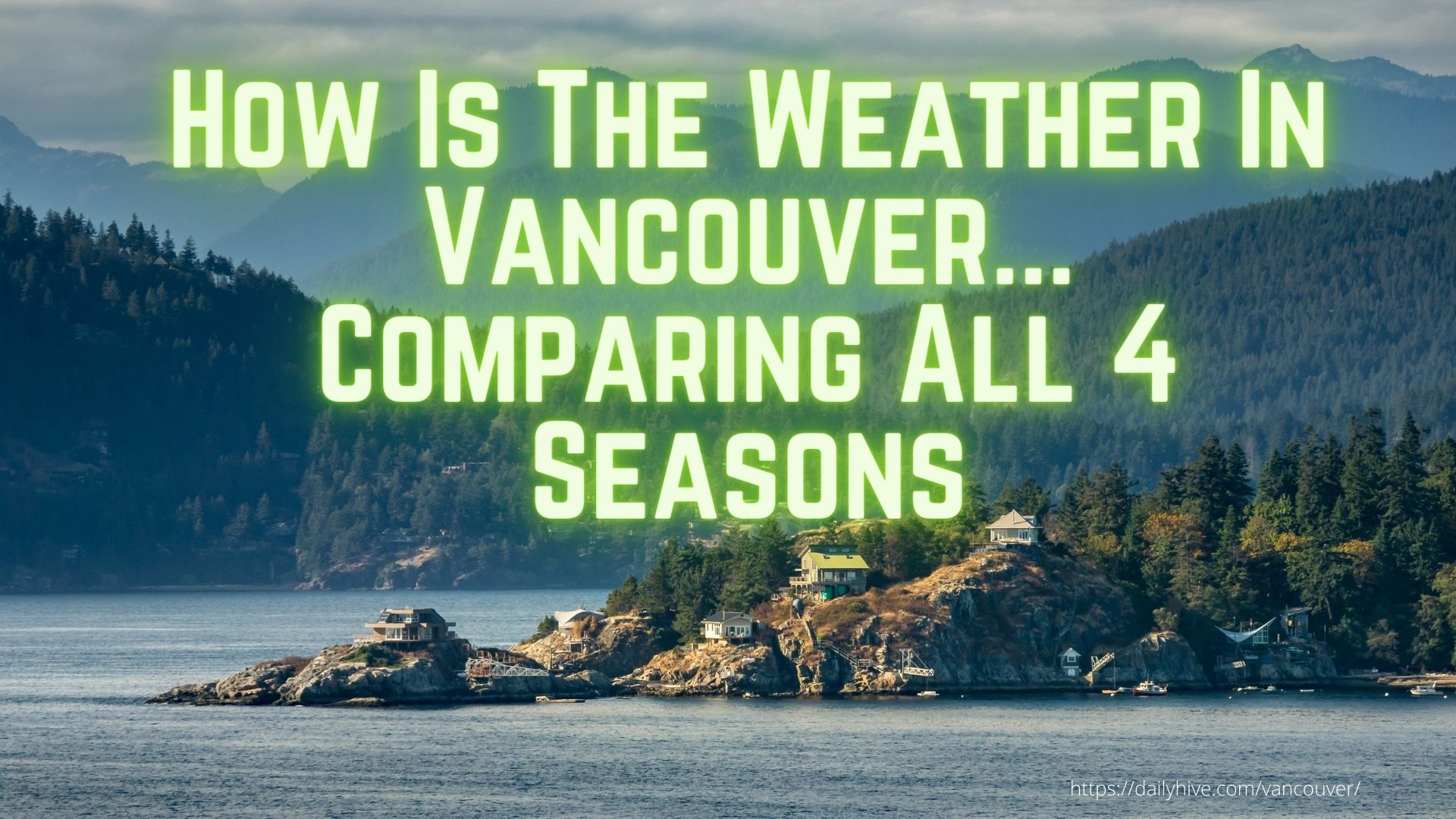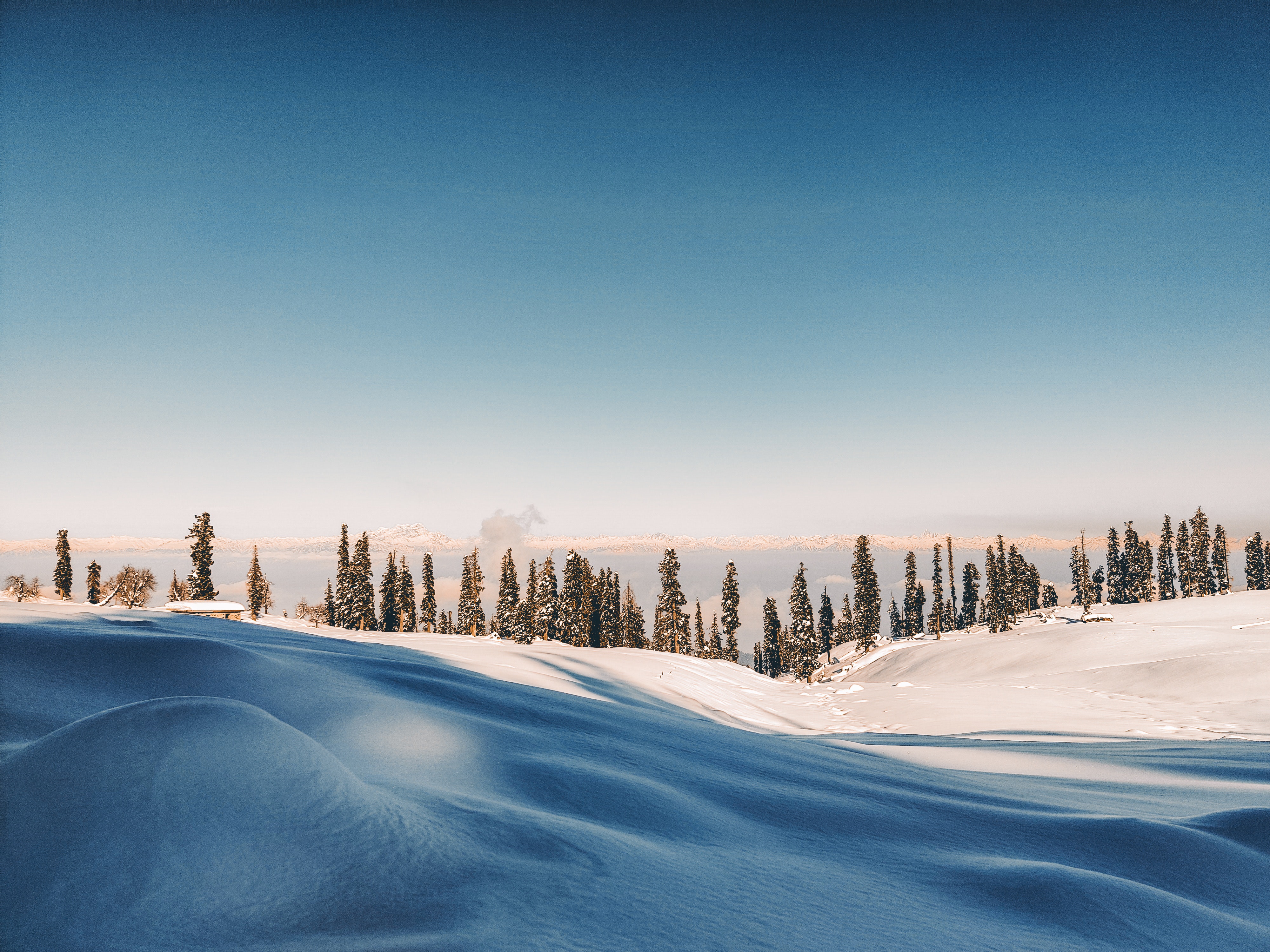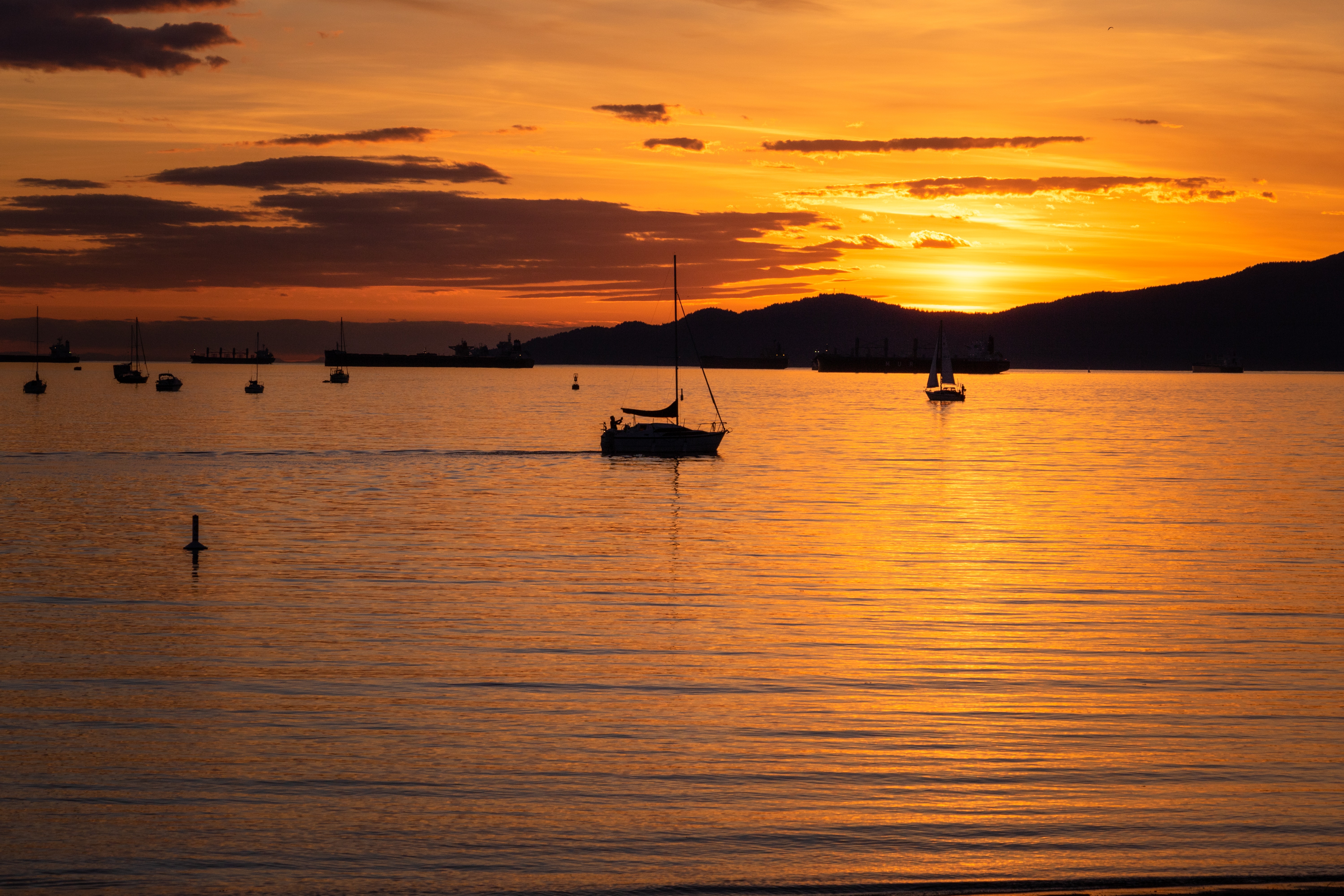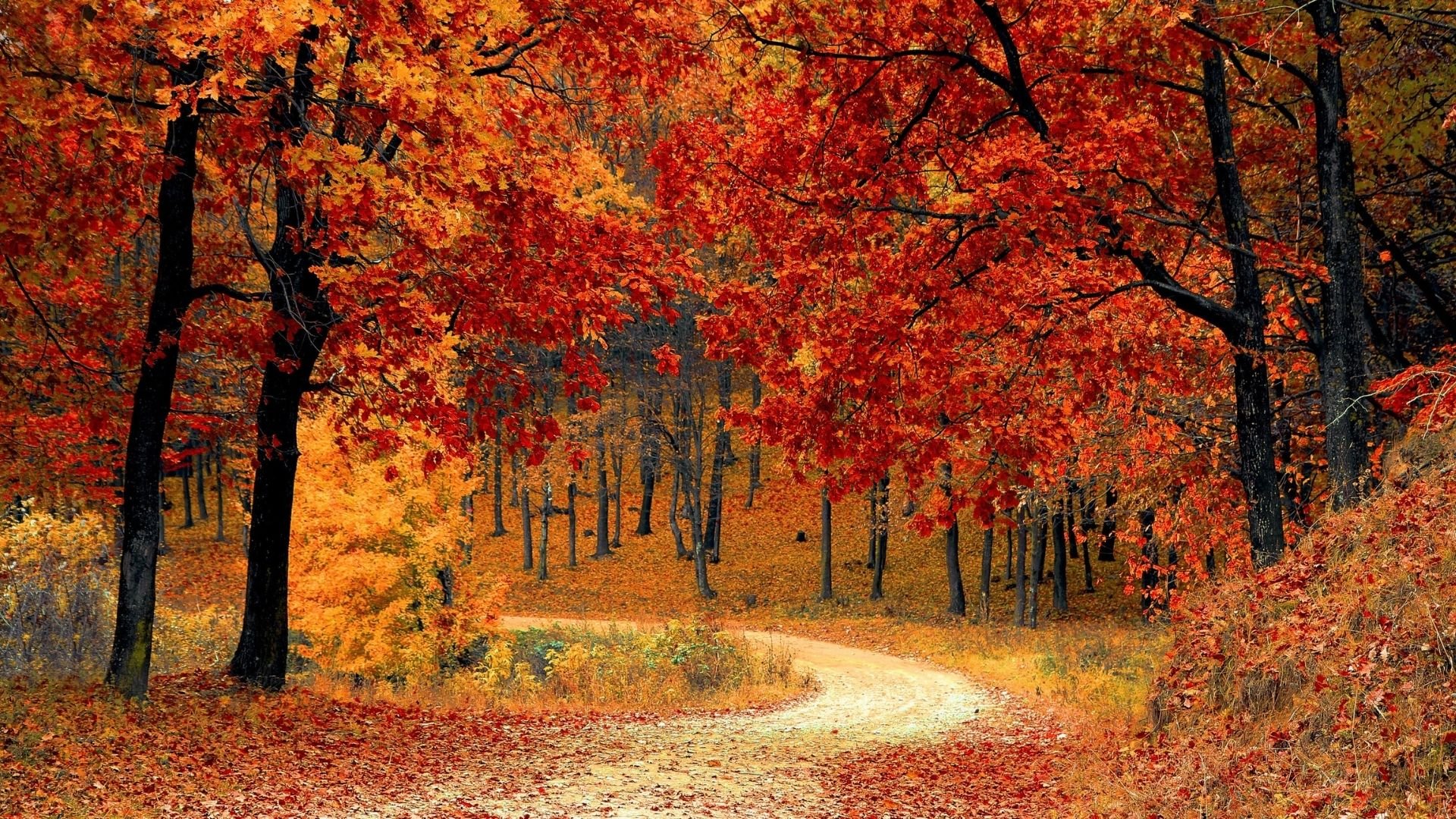
If you're looking to move to Vancouver, British Columbia, one of the things that you need to research is the city's climate. Vancouver has a moderate oceanic climate and during the summer months, the city experiences moderate drought conditions because this season is usually dry.
Summer takes place anywhere between July and August and the rest of the year is often rainy, occurring between October and March.
Vancouver's climate can also be experienced by the Greater Vancouver region. Though the city is known as a coastal location because of its oceans and mountains, some coastal areas have different variations in weather.
With that said, it is difficult to predict Greater Vancouver's precipitation. Even snow is hard to determine because temperatures typically stay at freezing point.
Vancouver during the rainy season
In Canada, Vancouver is one of the most rainy cities. On average, it has 161 rainy days every year.
When it comes to thunderstorms, Vancouver averages 6.1 thunderstorms per year, which makes spring and autumn cool and showery.
Grass needs to be cut during summer because they don’t receive enough water during the season.
July has been known as the driest month in the city and as of July 2013, it has not recorded any rainfall.
Snow in Vancouver
If you're in higher-lying areas in Greater Vancouver, you are more likely to experience snow every winter. However, because most areas are surrounded or closed to seas, the snow is at a much lesser amount.
Many visitors believe that Vancouver doesn't have snow at all, but each year, there's still traceable snow in the area. That is why retirees love Vancouver because it ranked 3rd place among Canadian cities with the lowest snowfall.
When it snows, the city also becomes quite wet because of the winter temperatures that rise and fall throughout the day.
Four Seasons
Winter

This season commences in December and the maximum temperature during this season ranges between 6 °C and 8 °C. Compared to the rest of the cities in Canada, the climate in Vancouver is much milder and almost similar to the climate in Paris and London.
The rains, however, are frequent but mild. It usually doesn't exceed 10 °C. Fogs also start to form, especially during periods of calm weather.
It has been recorded that every year that Vancouver has38 centimeters of snowfall, but it doesn't last long because of the ocean's mild currents. While it's also possible for colder periods to occur, this doesn't happen frequently.
The colder climate averages -13 °C in December to -9 °C in February. If you reside in the North of Vancouver, where the Coast Mountains can be found, expect to experience more snowfall.
This is because the area is surrounded by islands and fjords. This part of Vancouver is the perfect place for skiing. It has even hosted 2010's Winter Olympic Games.
Spring

Spring in Vancouver starts From March to May. This season is very cool and can sometimes be rainy, but will eventually become milder. In May, the climate can also become cold at night, but will gradually become sunny.
Summer

Summer months take place in June until August. Though it's the summer month, Vancouver residents still experience a cold climate. The temperatures range between 20 °C and 23 °C and the rest of Canada can even enjoy the good weather because of the high-pressure system of the Pacific.
The winter months make Vancouver one of the mildest cities in Canada, but during summer, it is considered the sunniest but also the coolest. You can also experience cooler summer if you're on the west coast of Vancouver Island where the temperature, especially in July and August is 18/19 °C.
Compared with other seasons, summer in Vancouver can have good weather on consecutive days, but will also have rainy periods with rain and cool temperatures and cloudy skies. The temperature stays at 15/18 °C.
Hot days are also rare and may not occur for the entire summer months. Temperature during these days is above 30°C.
Autumn

Autumn is mild and pleasant and starts from September to November. By October, Vancouver becomes rainy and colder and November is very rainy.
One of the best things about Vancouver during Autumn is that it remains mild, but the weather can become unpredictable and changeable given its coastal location.
Vancouver has the warmest and driest months from mid-May to late September.
